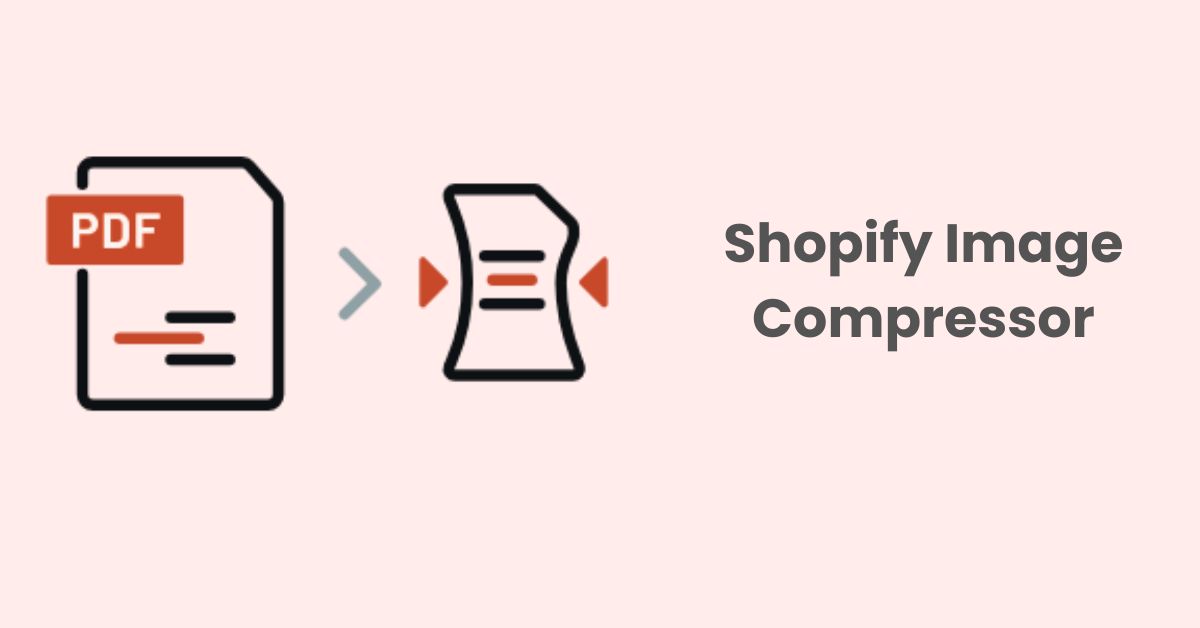Black Hat Link Building Explained: How You Should Avoid It?
In the ever-evolving landscape of search engine optimization (SEO), the pursuit of higher rankings and increased online visibility has led some digital marketers to explore questionable tactics. Among these, the Black Hat Link Building stands out as a notorious and controversial technique.
In this article, we will delve into the Black Hat world, and reveal why it should be avoided.
What Is Black Hat Link Building?
The term “Black hat link building” denotes the unethical and manipulative practice of procuring backlinks to a website, which contravenes the guidelines set forth by search engines.
Backlinks, which are links from external websites to one’s own site, play a crucial role in search engine optimization (SEO). They can impact a website’s ranking in search engine results pages (SERPs).
Nevertheless, certain means of acquiring backlinks are deemed illegitimate or unacceptable by search engines such as Google. Some of the common black hat link building techniques are Link Farms, Paid Links, Hidden Links, Link Spam, Private Blog Networks (PBNs), Article Spinning, Guest Posting Abuse, etc., which will be discussed further in the following paragraphs.
Why Do SEOers Conduct Black Hat Link Building?
SEO practitioners or “SEOs” conduct black hat link building for various reasons. Here are some reasons why some SEOs may engage in black hat link building:
- Quick Results: The utilization of black hat techniques may occasionally result in expeditious enhancements in search engine rankings and traffic. This may be of interest to website proprietors or SEO clients who prioritize immediate outcomes over long-term ramifications.
- Competition: In industries or niches characterized by intense competition, certain SEO professionals may experience a sense of obligation to employ black hat strategies in order to match the unethical practices of their competitors.
- Lack of Knowledge: Certain individuals or enterprises may possess an incomplete comprehension of SEO principles or may be deceived by assurances of rapid achievements, thereby resorting to black hat techniques unknowingly, thereby exposing themselves to potential risks.
- Misguided Advice: At times, SEO professionals may encounter guidance from untrustworthy sources or obsolete materials that promote the adoption of unethical techniques, commonly known as black hat methods.
- Client Demands: SEO agencies or freelancers may encounter pressure from clients who persist in employing black hat tactics despite being advised against them. Clients may prioritize immediate benefits over long-term viability.
- Financial Incentives: Certain individuals who engage in unethical practices within the realm of search engine optimization may perceive a financial benefit in the sale of links, involvement in link schemes, or provision of black hat SEO services.
- Experimentation: In some cases, SEOs may resort to implementing black hat tactics due to their inquisitiveness or a yearning to experiment with the limits of search engine algorithms. They may hold the belief that they can elude detection or evade penalties.
It’s important to emphasize that while black hat link building may yield temporary benefits, the risks far outweigh the rewards.
How Does Black Hat Link Building Adversely Affect SEO?

Black hat link building can have several adverse effects on a website’s SEO and its overall online presence. Here are some of the key ways in which black hat link these practices can harm SEO:
Penalties from Search Engines
Search engines such as Google have implemented algorithms to identify and sanction websites that employ black hat SEO tactics. According to the Search Engine Journal, even though ranking can be affected by many factors, Google can do the worst against Black hat building.
In the event that a website is found to be utilizing such methods, it may be subject to significant penalties, which may include a decline in search rankings or complete exclusion from search engine results pages (SERPs).
Loss of Trust and Credibility
The utilization of black hat tactics has the potential to erode the trust and credibility of a website.
Upon discovery by users and search engines that a website has engaged in the artificial manipulation of its backlink profile, the reputation of the site may be compromised, resulting in diminished trustworthiness for both human visitors and search engines.
Unnatural Link Profiles
The practice of black hat link building frequently leads to the creation of backlinks that are both unnatural and of low quality. Such links may originate from irrelevant or spam-ridden websites, thereby exerting a detrimental influence on the overall link profile of a website.
Search engines accord priority to natural, high-quality backlinks, and the presence of an unnatural link profile can significantly impede SEO endeavors.
Decreased User Experience
Certain unethical practices, commonly referred to as black hat techniques, such as the utilization of concealed links or excessive keyword stuffing, have the potential to detrimentally impact the overall user experience.
This may lead to an increase in bounce rates, decreases in user engagement, and time spent on the website. These adverse effects can subsequently have an indirect influence on the website’s search engine optimization (SEO) performance.
Competitive Disadvantage
Although black hat tactics may yield immediate benefits, they are not viable in the long term. Once search engines detect and penalize a website, it becomes arduous to regain lost rankings. In the meantime, competitors who have prioritized ethical SEO practices can outperform those employing black hat techniques.
Legal Consequences
The involvement in black hat link building techniques may give rise to legal complications. Particularly, when they encompass copyright infringement, fraudulent activities, or other unlawful practices.
The ramifications of legal issues can significantly harm a website’s standing and overall business endeavors.
Algorithm Updates
Search engines consistently enhance their algorithms to more effectively identify and counteract unethical search engine optimization (SEO) techniques. Websites that heavily depend on such practices are susceptible to negative consequences resulting from these algorithm updates. For instance, the recent Google Core Update in August 2023 caused a lot of ranking volatility across many verticals in Google search results.
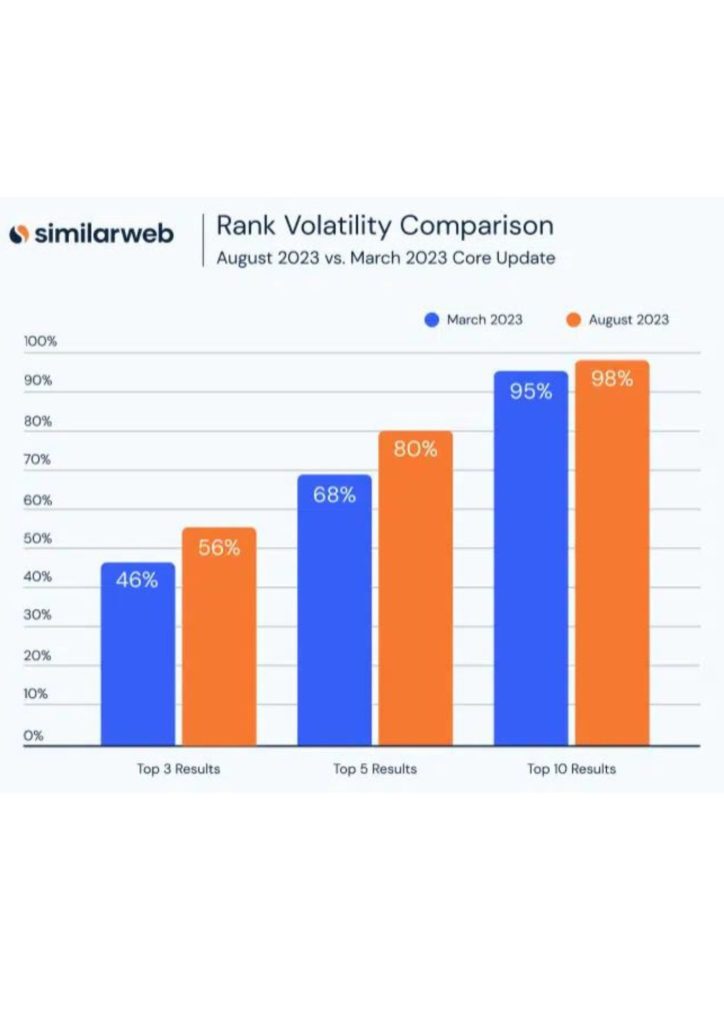
During this update, Google also emphasized the importance of Spam Policies. Therefore, engaging in black hat link building practices may yield immediate benefits, but the enduring repercussions can be grave. Such practices can result in penalties, and erosion of credibility, and ultimately undermine a website’s search engine optimization endeavors and digital standing.
What Are Black Hat Link Building Practices You Should Avoid?
In order to uphold ethical and sustainable SEO practices, it is imperative to refrain from participating in black hat link building strategies by carefully considering Google’s spam policies:
Buying Links
The term “Buying links” typically denotes the act of procuring hyperlinks from other websites. Its objectives are enhancing a website’s search engine ranking or augmenting its online visibility. These links are often embedded within the content of other websites, blog posts, or directories, and are intended to drive traffic and enhance search engine optimization (SEO).
However, purchasing links is generally regarded as a black hat SEO technique and is in violation of the guidelines of major search engines such as Google.
When search engines detect that a website is involved in link-buying schemes, they may impose penalties on the site by reducing its search rankings or eliminating it from search results altogether.
Link Farms
A link farm refers to a network of websites or web pages that are specifically designed to artificially boost the link popularity of a website in order to enhance its search engine ranking.
These link farms typically consist of websites that are of low quality, unrelated, or spammy in nature. Their main purpose is to host links to other websites rather than providing valuable content or services to users. In short, this method is considered to be black hat building methods.
The concept behind link farms is to manipulate search engine algorithms It is often taken into account the number and quality of backlinks when determining the ranking of a website in search results.
By creating a multitude of links that direct to a target website from these link farm pages, the owner of the website aims to deceive search engines into perceiving the site as more authoritative and popular than it truly is. Such practices are solely intended to manipulate search engine rankings.
Hidden Links and Text
Certain practitioners of black hat SEO conceal links on their websites by utilizing the same color for the text as the background or by employing minuscule fonts.
Concealing hyperlinks is deemed a black hat strategy. The purpose of these covert links is to manipulate search engines while remaining imperceptible to users.
Likewise, the act of obscuring text containing keywords that remain imperceptible to users but are intended solely for search engines is considered unethical. Hence, this is a Black Hat way of boosting the site’s ranking
Guest Posting Abuse
Although guest posting is a valid search engine optimization (SEO) tactic, it can be exploited by black hat practitioners who produce substandard guest posts containing an excessive number of links to their websites on websites that are unrelated or irrelevant. An article by Moz stated that Webmasters are advised to employ a judicious quantity of links per webpage, adhering to a recommended threshold of fewer than 100 links.
The term “guest posting abuse” pertains to the unethical or spam-like utilization of guest posting as a means to manipulate search engine rankings or promote a website in a manner that contravenes search engine guidelines and the principles of sound content marketing.
While guest posting is a legitimate and valuable strategy for content marketing when employed appropriately, the misuse of this practice can detrimentally impact the reputation of both the website publishing the content and the website hosting the guest post.
Automated Link Building
Automated link building pertains to the utilization of software, scripts, or automated tools to generate backlinks to a website or web pages without direct human intervention.
The primary objective of automated link building is manipulating search engine rankings and enhance a website’s visibility in search results. Despite its perceived efficiency in link building, it can also results in spammy and substandard link profiles. This approach contravenes search engine guidelines and fall under the Black Hat category.
Private Blog Networks (PBNs)
PBNs encompass a group of websites under the control of a single entity, strategically employed to interlink their respective content. This practice aims to artificially enhance the authority and ranking of the interconnected websites.
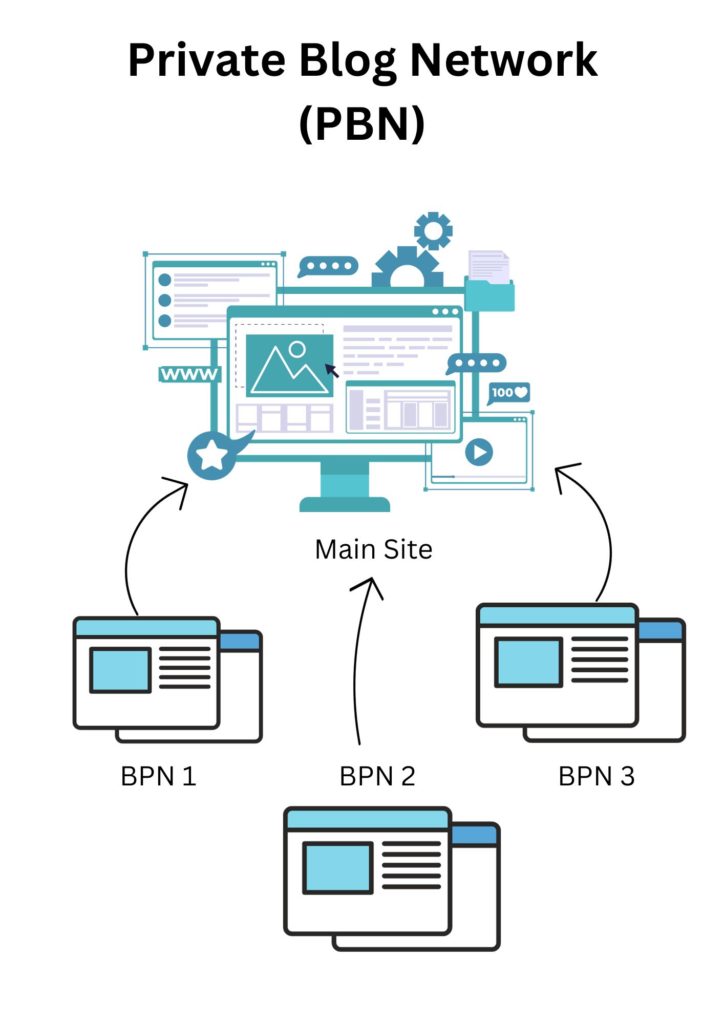
The act of constructing and utilizing Private Blog Networks (PBNs), which refer to a group of websites managed by a single entity that interlink with one another with the intention of manipulating search engine rankings, is in violation of the guidelines set forth by search engines.
Link Spamming
This practice entails the act of sharing hyperlinks in blog comments, forums, or social media profiles with the sole intention of acquiring backlinks, frequently without providing any significant contribution to the ongoing discourse.
The act of sharing hyperlinks within the comment sections of blogs, forums, or social media platforms without making a substantial contribution to the ongoing discussion is deemed as spamming and an unethical practice commonly referred to as black hat.
Article Spinning
Black hat practitioners occasionally employ automated software to generate numerous iterations of a single article and disseminate them across diverse websites, accompanied by hyperlinks leading back to their own site.
The utilization of automated tools to produce a multitude of low-quality, replicated articles and subsequently disseminate them across diverse websites, accompanied by backlinks to one’s own site, constitutes an unethical practice commonly referred to as a black hat tactic.
Consequently, this practice yields substandard, replicated content and contrived backlink profiles.
Other “Black hat building” techniques
Irrelevant and Low-Quality Directories:
It is advisable to refrain from submitting your website to web directories that are irrelevant or of low quality.
Reciprocal Linking Schemes:
Excessive reciprocal linking, wherein two websites mutually agree to link to each other with the intention of manipulating rankings, is deemed as a black hat technique.
Keyword Stuffing:
The practice of excessively incorporating keywords into content, anchor text, or meta tags in an unnatural manner is in violation of search engine guidelines. It is generally recommended to maintain a percentage of 2-3% or lower in order to ensure the natural flow of your content.
Cloaking:
Presenting distinct content to SE bots and human users is an unethical and may lead to punitive measures.
Link Schemes:
It is advisable to refrain from engaging in any scheme aimed at manipulating PageRank or link authority.
It’s important to note that search engines, especially Google have advanced algorithms and guidelines. Specifically, it can detect and penalize websites engaging in black hat link building.
How To Detect And Remove Black Hat Links?
The identification and removal of illicit black hat links from the backlink profile of your website are essential for maintaining commendable SEO practices and avoiding penalties imposed by search engines.
Presented below is a comprehensive and sequential guide that explains the process of detecting and eliminating black hat links:
Detect Black Hat Links
1. Utilize Backlink Analysis Tools
Begin the process by using reliable backlink analysis tools such as Google Search Console, Ahrefs, Moz, and SEMrush to obtain a thorough inventory of the backlinks associated with your website. It is worth noting that Google Search Console is particularly useful in identifying links that Google considers harmful.
2. Review Your Backlink Profile
Thoroughly review the list of backlinks and carefully analyze each one. Identify any links that show signs of suspicion or poor quality.
These links may include those originating from:
- Links from websites with completely unrelated content. For example, a link to your financial consulting website from a flower shop website would be suspicious. The content is irrelevant.
- Links from low-authority websites with thin content. A website with only a few pages of thin, low-quality content and no real reputation.
- Links from article farms or content mills – Articles on these sites are mass-produced by contractors to build links.
- Links from directories filled with spam sites. Often you’ll find directories where the other listed sites are all spammy link farms.
3. Examine Anchor Text
Avoid excessive use of exact-match keywords or unnatural anchor text as it may indicate the presence of black hat link building.
For example:

4. Evaluate the Link Source
Assess the source of each link. Determine whether the website linking to yours is reputable and relevant to your content or industry. Links from unrelated or low-quality websites are more likely to be harmful.

5. Monitor Anchor Text Diversity
Observe and analyze patterns in the diversity of anchor text. A natural backlink profile should consist of a combination of branded anchors, generic anchors that contain relevant keywords. It is important to be cautious of an excessive anchors that are rich in keywords, as this may raise concerns.
6. Identify Toxic or Spammy Links
Utilize backlink analysis tools that offer metrics to assist in the identification of potentially harmful or spammy links. Pay attention to indicators such as high spam scores, low domain authority, or links originating from known spam domains.
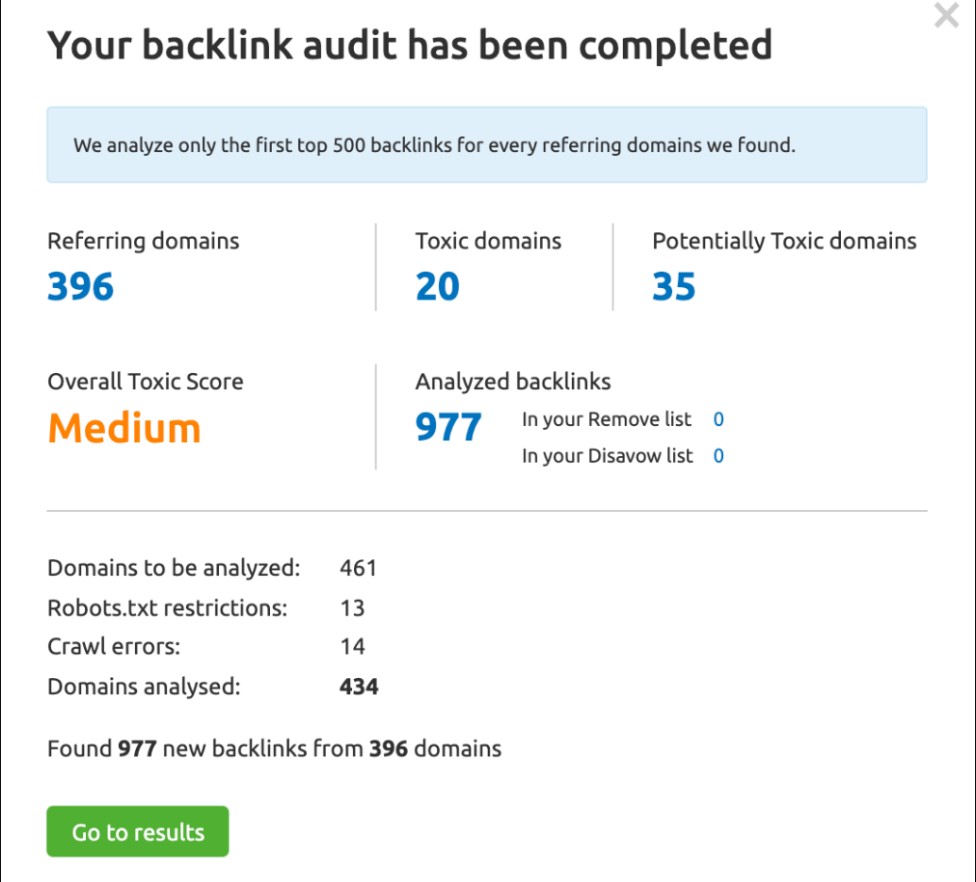
7. Compile a List of Harmful Links
Create a comprehensive list of links that are deemed harmful or suspicious and should be removed. Most backlink analysis tools provide the option to export this data for future reference.
Remove Black Hat Links
1. Attempt to Remove the Links
Contact the webmasters of the websites hosting the harmful links and kindly request their removal. Contact information can typically be found on the respective websites. It is important to maintain a polite tone and clearly articulate your request.
2. Disavow Harmful Links
In the event that you are unable to have the harmful links removed or if the webmasters are unresponsive, you can utilize Google’s Disavow Links tool.
This tool allows you to inform Google that you disavow or dissociate certain backlinks from your website. Follow Google’s guidelines to create a disavow file and submit it through Google Search Console.
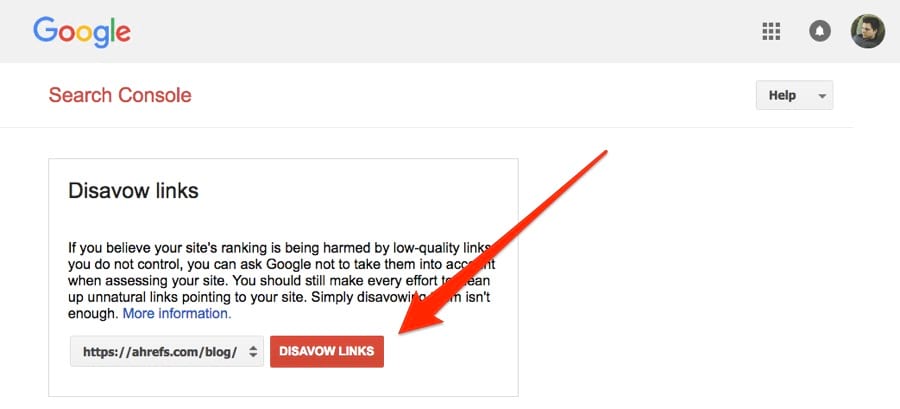
3. Monitor and Repeat
Continuously monitor your backlink profile to identify and address any new harmful links that may emerge. Regularly review your profile to ensure a clean and healthy link profile is maintained.
Conclusion
Search engines, particularly Google, possess sophisticated algorithms capable of identifying these unethical practices known as black hat techniques. It is important to bear in mind that the process of removing black hat links can be time-consuming. Furthermore, it may not always be feasible to eliminate all of them.
Moreover, it is crucial to concentrate on cultivating high-quality, organic backlinks through ethical SEO practices. In this case, let’s install SearchPie – one of the top-rated Shopify SEO apps, and we will assist you in achieving that.




